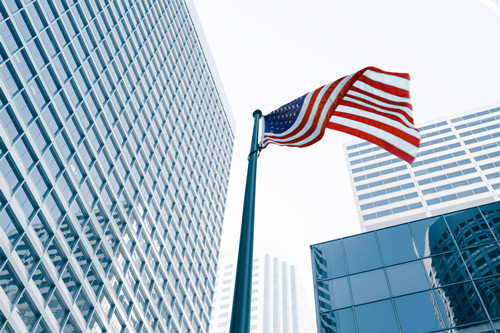


Donald Trump's ideas could significantly alter U.S. immigration if he wins reelection in 2024. There may be new challenges for EB-5 investors, high-skilled immigrants on H-1B visas, and those pursuing green cards. Trump's latest remarks and prior record point to a more difficult immigration route.
H-1B visa denials increased throughout Trump's first term, and his strategy may portend more stringent regulations in the future. High-skilled immigrants may anticipate the following:
Compared to Biden's 3.2% rate, Trump's H-1B denial rates averaged almost 18%, a sharp rise. For skilled workers, this might mean more scrutiny and denials, which would cause instability.
Under Trump, the percentage of H-1B applicants who received Requests for Evidence (RFEs) increased to 34%. For H-1B holders, this increased uncertainty might reappear during their second term.
Restrictions may also apply to H-4 visa holders, who are frequently the wives of H-1B employees. Experts believe the Trump administration's attempts to end work authorization for H-4 spouses may reappear. This could affect H-1B households' family stability by making it more difficult for H-4 visa holders to find employment.
H-1B workers and their families found it difficult to get or renew employment authorization due to extra restrictions imposed by Trump's previous government.
The Optional Practical Training (OPT) program, which is essential for overseas students, may be criticized. Stephen Miller and other Trump advisors had already attempted to end the 24-month STEM extension and limit OPT. Despite internal opposition, there may be a renewed push to restrict or amend OPT policies during a second term.
Trump has also proposed raising the minimum wage criteria for H-1B holders. His previous administration's Department of Labor proposal sought to raise wages to more than $200,000 in certain cities. Similar regulations might reappear even after a judge blocked them, driving many qualified experts out of the American labor market.
Trump has suggested giving all American college grads automatic green cards. According to him, gifted graduates from recognized universities ought to be granted green cards as part of their degrees, enabling them to stay in the nation after completing their education. It's unclear, though, if graduates from all universities or just a few will profit from this proposal.
EB-5 investors, meanwhile, might face more scrutiny. To prevent abuse, the Trump administration increased the minimum investment requirements for EB-5 applications. The second term's potentially stricter restrictions may impact foreign investors' ability to obtain green cards through this method.
Tighter limits on the H-1B, OPT, and green card programs may impact thousands of prospective immigrants and their families as Trump continues to shape his immigration policies for a potential second term.
Advisors like Stephen Miller worked to limit Optional Practical Training (OPT) during Trump's first term, particularly the 24-month STEM extension for international students. These limitations might be reexamined if Trump wins reelection, which might reduce employment prospects for recent graduates.
Probably. H-1B holders found it more difficult to renew their visas or change jobs during Trump's last term due to increased Requests for Evidence and a greater rate of denials. Similar difficulties can arise during a second term, raising doubts about job stability and H-1B visa renewals.